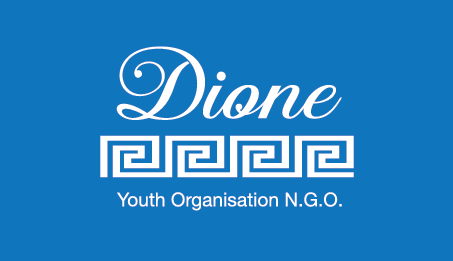Migrations
According to the “Action Plan on the integration of third-country nationals” adopted by the EC on the 7th June 2016, Education and training are the most powerful tools for integration and the acquisition of basic skills is the foundation for further learning and the gateway to employment and social inclusion.
In 2017, the number of people who immigrated to Germany exceeded the number of those who emigrated by roughly 416,000 people and the total population with migrant background reached 19.3 million. In 2016, net immigration had amounted to roughly 500,000. For the City of Essen, the interaction of institutions, specialist service providers, and organisations with the local migrant organisations is an important component of the municipal integration strategy. These associations reach many residents with a variety of original backgrounds and cultures, and are often the first point of contact. Thise kind of organizations perform valuable integration tasks in their role as mediators and service providers.
Germany has undergone extensive immigration and emigration flows throughout its history. Today, more than 22 percent of the population have a migration background. (…) The reactions among the population oscillated between euphoric readiness to take in refugees and violent rejection of those seeking protection, between a “welcome culture” and the demand for isolation, between cosmopolitanism and nationalism (J. Oltmer – 2018).
Exclusion experienced by Adult migrants consequently influence their descendants. For this reason, the promoter organisation, JuBuK will widely benefit from the involvement of Trainers part of its own staff in a comprehensive educational programme, in connections with established European organizations in possession of specific expertise in the field of innovative instruments of non formal learning who work both on youth and adult inclusion.
5 Trainers took part in the TC in Cyprus in June 2020 hosted by the partner DIONE aimed at acquiring knowledge and skills allowing them to improve NFE competences as well as integrate the Digital Storytelling approach in their regular activities, facilitating communication and intercultural dialogue within the ultimate target.
Project No.
2019-1-DE02-KA104-005832
Coordinator: Jubuk E.V. (Germany)
Links
.
